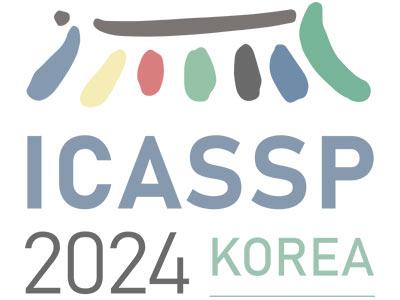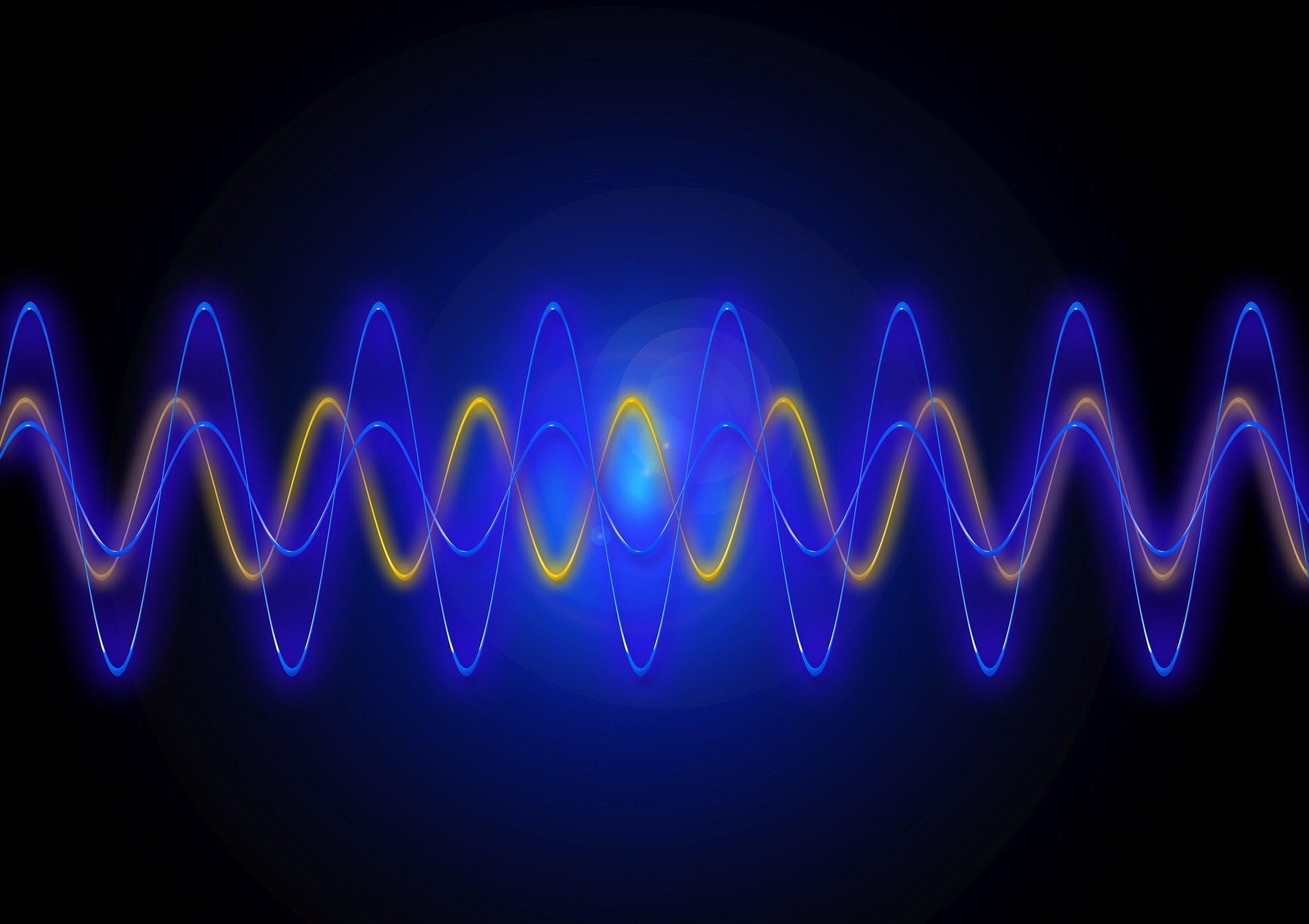
- Read more about GENERATING PERSONA-AWARE EMPATHETIC RESPONSES WITH RETRIEVAL-AUGMENTED PROMPT LEARNING
- 2 comments
- Log in to post comments
Empathetic response generation requires perceiving and un- derstanding the user’s emotion to deliver a suitable response. However, existing models generally remain oblivious of an interlocutor’s persona, which has been shown to play a vital role in expressing appropriate empathy to different users. To address this problem, we propose a novel Transformer-based architecture that incorporates retrieval-augmented prompt learning to generate persona-aware empathetic responses.
- Categories:
 47 Views
47 Views
- Read more about Enhanced Axle-Based Vehicle Classification Using Angle-Based Micro-Doppler Signature
- Log in to post comments
This study introduces an angle-based micro-Doppler analysis using Frequency Modulated Continuous Wave (FMCW) radar tailored for axle-based vehicle classification. The novel approach exploits the signal angle of arrival to separate incoming signals and noise from distinct targets. This is done by analysing the phase difference of a dual antenna radar system based on the time-frequency representation of the radar beat signal. Vehicles driving side by side can now be discriminated. Multipath signals and clutter are more easily identified and filtered out.
- Categories:
 15 Views
15 Views
- Read more about CO-OCCURRENCE GRAPH-ENHANCED HIERARCHICAL PREDICTION OF ICD CODES
- Log in to post comments
Recent healthcare applications of natural language processing involve multi-label classification of health records using the International Classification of Diseases (ICD). While prior research highlights intricate text models and explores external knowledge like hierarchical ICD ontology, fewer studies integrate code relationships from whole datasets to enhance ICD coding accuracy. This study presents a modular approach, sequentially combining graph-based integration of ICD code co-occurrence with a hard-coded hierarchical enriched text representation drawn from the ICD ontology.
- Categories:
 19 Views
19 Views
- Read more about Enabling Device Control Planning Capabilities of Small Language Model
- Log in to post comments
Smart home device control is a difficult task if the instruction is abstract and the planner needs to adjust dynamic home configurations. With the increasing capability of Large Language Model (LLM), they have become the customary model for zero-shot planning tasks similar to smart home device control. Although cloud supported large language models can seamlessly do device control tasks, on-device small language models show limited capabilities. In this work, we show how we can leverage large language models to enable small language models for device control task.
- Categories:
 21 Views
21 Views
- Read more about dklement_dvbx_slides
- Log in to post comments
Bayesian HMM clustering of x-vector sequences (VBx) has become a widely adopted diarization baseline model in publications and challenges. It uses an HMM to model speaker turns, a generatively trained probabilistic linear discriminant analysis (PLDA) for speaker distribution modeling, and Bayesian inference to estimate the assignment of x-vectors to speakers. This paper presents a new framework for updating the VBx parameters using discriminative training, which directly optimizes a predefined loss.
- Categories:
 24 Views
24 Views
A major concern of deep learning models is the large amount of data that is required to build and train them, much of which is reliant on sensitive and personally identifiable information that is vulnerable to access by third parties. Ideas of using the quantum internet to address this issue have been previously proposed, which would enable fast and completely secure online communications. Previous work has yielded a hybrid quantum-classical transfer learning scheme for classical data and communication with a hub-spoke topology.
- Categories:
 108 Views
108 Views
- Read more about Object Trajectory Estimation with Multi-Band Wi-Fi Neural Dynamic Fusion
- Log in to post comments
In contrast to existing multi-band Wi-Fi fusion in a frame-to-frame basis for simple classification, this paper considers asynchronous sequence-to-sequence fusion between sub-7GHz channel state information (CSI) and 60GHz beam SNR for more challenging downstream tasks such as continuous regression.
- Categories:
 51 Views
51 Views
- Read more about Poster for ICASSP 2024 paper "Turn-taking and Backchannel Prediction with Acoustic and Large Language Model Fusion"
- Log in to post comments
We propose an approach for continuous prediction of turn-taking and backchanneling locations in spoken dialogue by fusing a neural acoustic model with a large language model (LLM). Experiments on the Switchboard human-human conversation dataset demonstrate that our approach consistently outperforms the baseline models with single modality. We also develop a novel multi-task instruction fine-tuning strategy to further benefit from LLM-encoded knowledge for understanding the tasks and conversational contexts, leading to additional improvements.
- Categories:
 64 Views
64 Views
- Read more about Poster for ICASSP 2024 paper "Hot-Fixing Wake Work Recognition for End-to-End ASR via Neural Model Reprogramming"
- Log in to post comments
This paper proposes two novel variants of neural reprogramming to enhance wake word recognition in streaming end-to-end ASR models without updating model weights. The first, "trigger-frame reprogramming", prepends the input speech feature sequence with the learned trigger-frames of the target wake word to adjust ASR model’s hidden states for improved wake word recognition. The second, "predictor-state initialization", trains only the initial state vectors (cell and hidden states) of the LSTMs in the prediction network.
- Categories:
 21 Views
21 Views
- Read more about Improving Medical Dialogue Generation with Abstract Meaning Representations
- Log in to post comments
Medical Dialogue Generation plays a critical role in telemedicine by facilitating the dissemination of medical expertise to patients. Existing studies focus on incorporating textual representations, which have limited their ability to represent text semantics, such as ignoring important medical entities.
- Categories:
 16 Views
16 Views